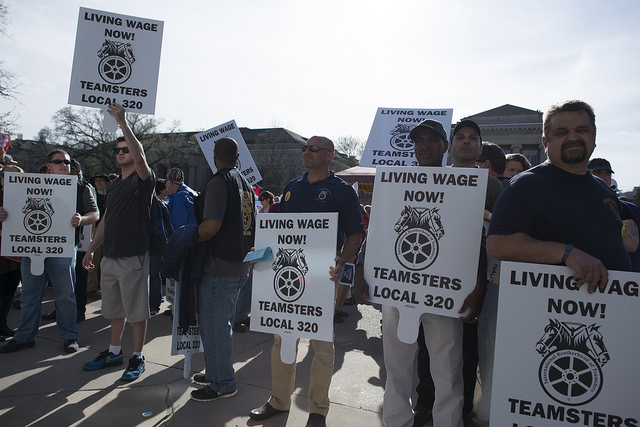Preston Cooper over at Economics 21 has written an excellent piece about minimum wage’s effects on employment.
Economics teaches us that when you raise the price of a good, the amount of that good which is demanded goes down. This is true whether the thing for sale is ketchup or labor.
Supporters of the minimum wage often respond to this economic principle by citing a 1994 study on the effects of an $0.80 hike in the minimum wage in New Jersey and Pennsylvania. The study found that, in the months after the hike, there was no rise in unemployment in New Jersey (which raised the wage) compared to Pennsylvania (where the wage stayed the same).
Cooper points out that, while this may be true, that is only the short-term effect. The long-term effects of raising the wage show declined job growth. According to Cooper:
“It is possible that, consistent with Card-Krueger (and Meer-West), the short-term effects of minimum wage increases are not as harmful as originally thought. But, ultimately, the study does not tell the whole story. The negative effects of the minimum wage still exist, but are delayed. Alas, progressives will need to look elsewhere for evidence to that minimum wage increases do not affect employment.”“]
Read the whole post over at Economics 21.



